| |
|
|
|
|
|
|
| |
|
Editor's note
|
|
Good writing surprises you. It shows familiar worlds in a new light, or takes you to unknown places. Suddenly, you are watching brumbies in the snow, “ragged manes flying, galloping through a mist of ice crystals”. Or roiling on a tall ship, hearing “the slurp and spray of the Tasman” as it slams against portholes.
Good writing moves you: to laugh or rage or squirm or cry. It might evoke a forgotten feeling, like hearing Nirvana’s Nevermind for the first time, or describe an unimaginable experience, such as what it feels like to be stabbed, 14 times, by a stranger in a hospital foyer.
Good writing mounts an argument but it does so with subtlety and nuance, an accumulation of detail. The opposite of simplistic clickbait, it sweeps you along with the sheer force and delight of the prose. You might not have intended to read 1,600 words on the epic of Gilgamesh, but before you know it, you have done so.
We’ve been proud to publish plenty of beautiful writers this year on topics as varied as poetry and pain; the horror of misused words and the death of John Clarke.
Here then, is a selection of our best writing for 2017.
|
Suzy Freeman-Greene
Section Editor: Arts + Culture
|

|
|
Good writing: it surprises, moves and mounts an argument
|
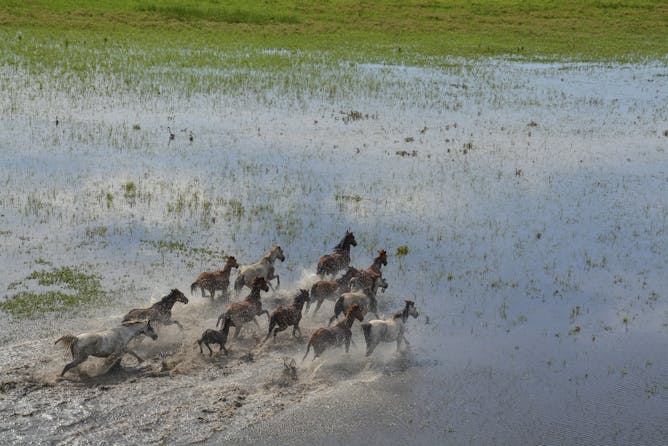
Wild horses, known as brumbies, in Australia.
Shutterstock.com
Michael Adams, University of Wollongong
From 30,000-year-old cave paintings to The Man From Snowy River, wild horses have always been part of human culture. As Australia debates what to do with 'brumbies' in mountain environments, it's time to reconsider their place.
|
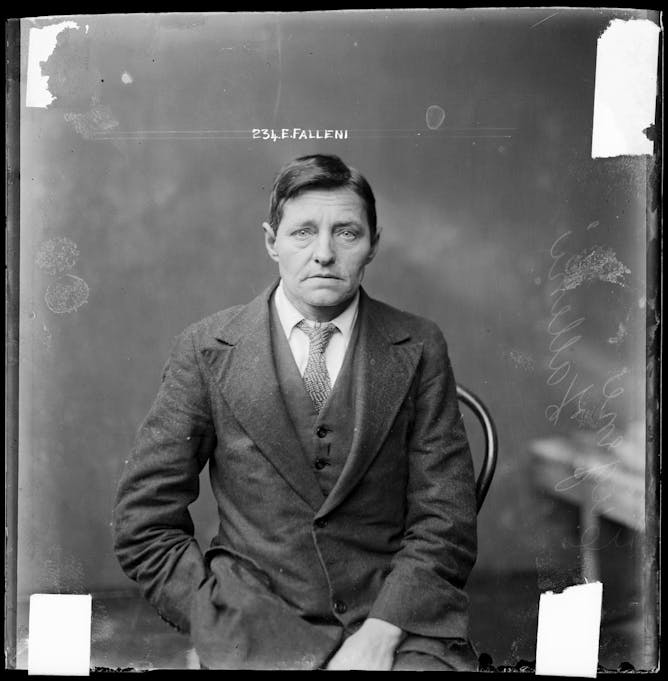
Eugenia Falleni in 1920. An Italian-born-woman-turned-Sydney-dwelling-man, Falleni was convicted of murder in 1920.
Wikimedia
Pip Smith, Western Sydney University
An Italian-born-woman-turned-Sydney-dwelling-man, Eugenia Falleni was convicted of murder in 1920. Researching a novel about Falleni left this author literally, and figuratively, at sea.
|

ecowaltz/flickr
Kevin Brophy, University of Melbourne
There are several ways into the book Shaping the Fractured Self: poetry of chronic illness and pain, edited by Heather Taylor Johnson. And there are many uses it might serve in the multiple worlds of poetry…
|

Dr Michael Wong is telling his story to campaign for better hospital security.
Michael Wong, University of Melbourne
Melbourne neurosurgeon Dr Michael Wong was stabbed in a hospital foyer in February, 2014. He recalls his attack with painful clarity and calls for better protection for hospital staff.
|
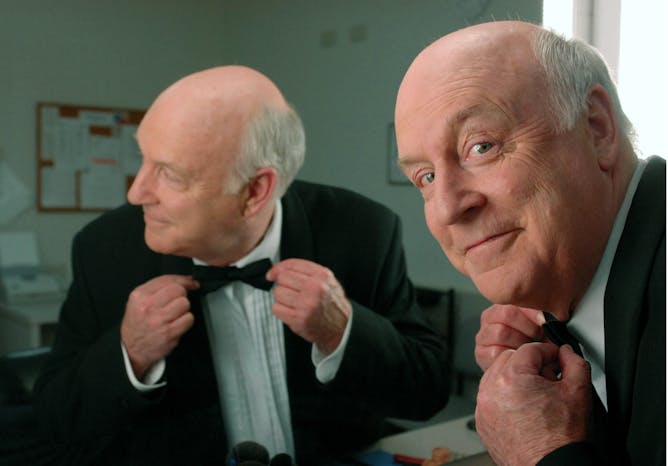
John Clarke, who died suddenly at the weekend, called out absurd politicking and dishonest language wherever he found it.
ABC Pr handout/AAP
Robert Phiddian, Flinders University
John Clarke gave voice to a brilliant Antipodean acerbity that has always seemed a little old-fashioned in its moral and tonal dignity. His was a magnificent achievement of focused, pitch-perfect satire.
|
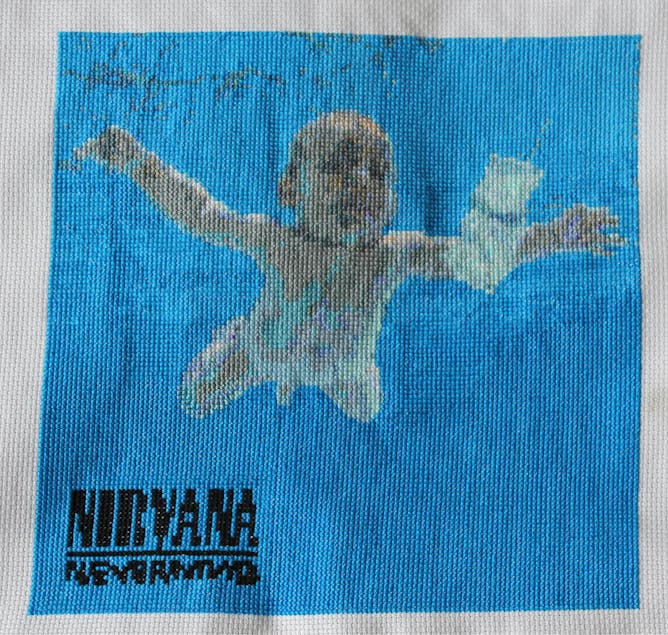
A cross stitch recreation of Nirvana’s classic album cover by Mr X Stitch.
Jamie Chalmers/flickr
Sally Breen, Griffith University
Nirvana's Nevermind was emblematic of the 1990s. But in today's fragmented digital age, can anyone nominate an album that defines the first or second decade of the 21st century?
|
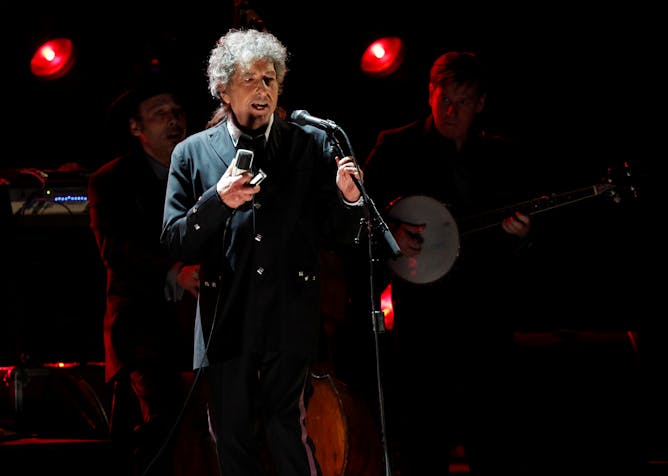
Bob Dylan pictured in 2012: his long synopses of a seemingly random list of books made up the bulk of this week’s Nobel Prize speech.
Mario Anzuoni/Reuters
David McCooey, Deakin University
This extraordinarily odd speech might well be the singer’s most Dylanesque performance.
|
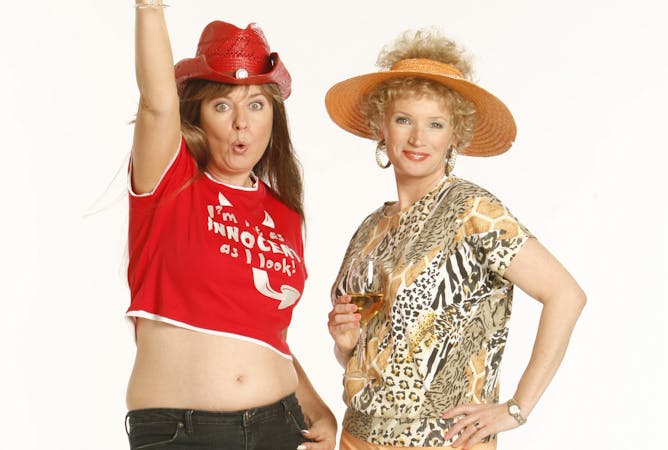
‘I want to be effluent’: malapropisms and mispronounced words were a regular gag in the TV comedy Kath and Kim and continue to peeve many people today.
AAP
Roslyn Petelin, The University of Queensland
Do you wince at a mispronounced 'Moet'? Do you cringe at unintentional portmanteau words, like 'misunderestimated' or 'insinuendo'? You are not alone.
|

For all its millions of female readers, romance fiction has been dismissed as sappy, trashy and dangerous to read.
Pixeljoy/shutterstock
Elizabeth Reid Boyd, Edith Cowan University
Can a gender studies academic also write Mills and Boon novels? And can purple prose be as empowering as a pink pussy hat? The answer is yes, and yes again.
|
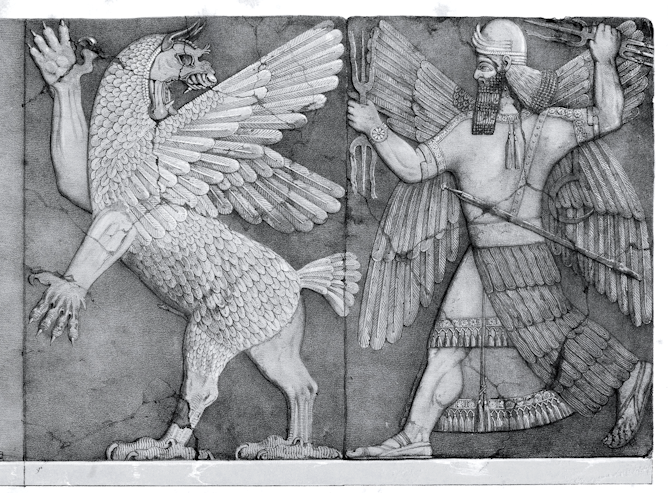
Gilgamesh explores what it means to be human, and questions the meaning of life and love.
Wikimedia Commons
Louise Pryke, Macquarie University
From environmentalism to the meaning of life, the themes of the world's most ancient epic are still remarkably relevant to modern readers.
|
| |
Featured jobs
|
|
|
Featured events
|

|
Business School, Dr Chau Chak Wing Bldg, 14-28 Ultimo Road, Sydney, New South Wales, 2007, Australia — University of Technology Sydney
|

|
RMIT University, Melbourne, Victoria, 3000, Australia — RMIT University
|

|
Business School, Dr Chau Chak Wing Bldg, 14-28 Ultimo Road, Sydney, New South Wales, 2007, Australia — University of Technology Sydney
|

|
Esplanade Hotel Fremantle, 46-54 Marine Terrace, Fremantle WA, Perth, Western Australia, 6160, Australia — Curtin University
|
|
|
|
| |
| |
| |
| |
| |
|
|
|
|
|
|
|
|